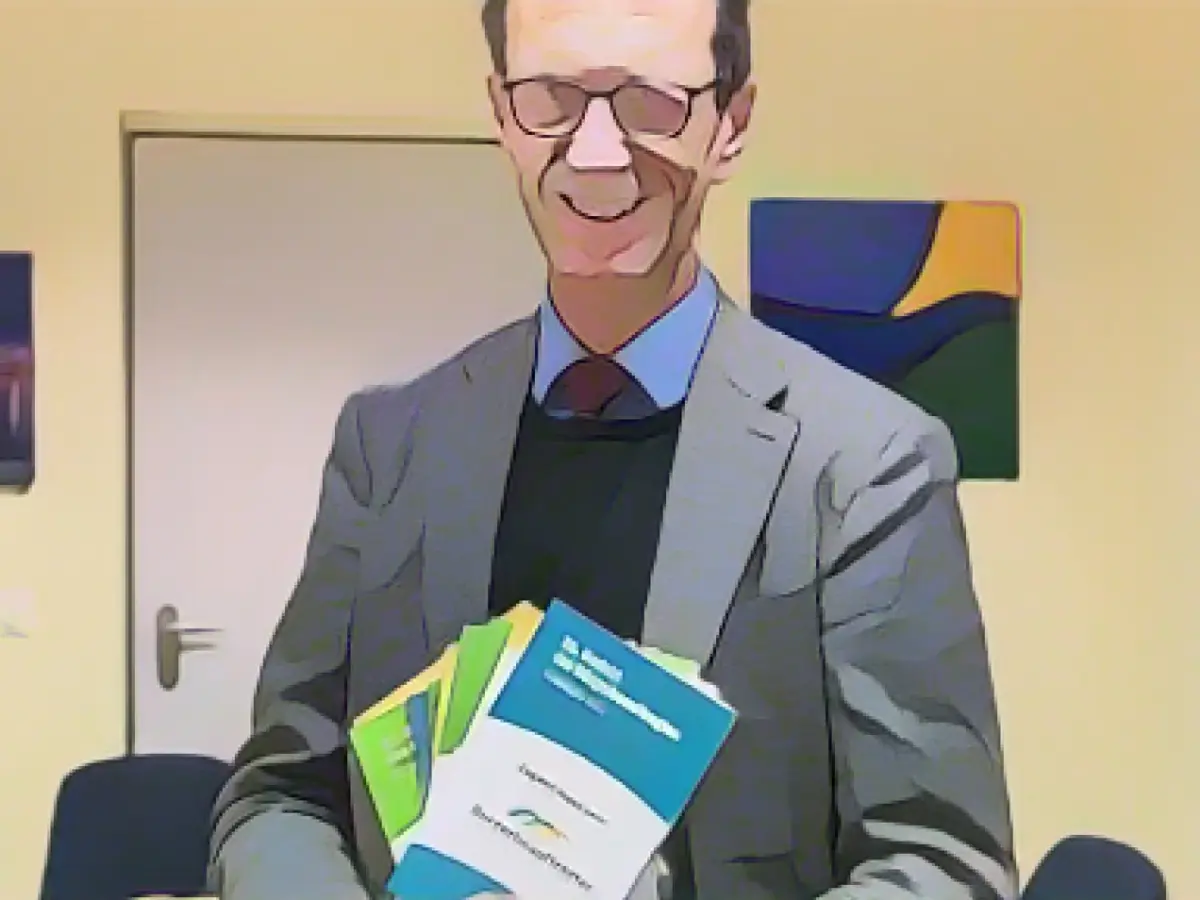Headline: Another Strike Looms: Berlin Parents Scramble for Childcare Alternatives
Once again, some parents in Berlin are left scrambling for alternate childcare options, as educators and teachers mobilize for a two-day strike on Wednesday and Thursday. The unions Verdi and GEW have called upon all employees under the collective agreement of the federal states to participate in this industrial action. Approximately one out of five children attending municipal daycare centers in Berlin could be impacted by this warning strike.
Teachers in schools, university employees, social workers in youth, health, and social services offices, and even the police union (GdP) are joining forces in this disruptive action. The unions have designated Ernst-Reuter-Platz in Berlin as the gathering spot for strikers at 8:45 am.
The current wage dispute in the public sector of Germany's federal states serves as the backdrop to this labor action. Despite multiple rounds of negotiations, no agreement has been reached, prompting unions to express their demands through warning strikes in Berlin and other cities.
Among their demands, unions are pressing for a 10.5% wage hike, with a minimum monthly income increase of 500 euros during a twelve-month collective agreement period. Trainee compensation should rise by 200 euros, while Berlin, Hamburg, and Bremen are seeking a city-state bonus of 300 euros.
Further Insights:
The ongoing wage dispute in the public sector stems from unions advocating for improved compensation and job security in education and social services. Weighing in on the matter, Verdi is a prominent union representing educators and teachers across various German federal states, including Berlin. The GEW (Gewerkschaft Erziehung und Wissenschaft) is another influential union striving to improve salaries and working conditions for its members.
Throughout the course of this dispute, unions have organized various protests and collective actions, including warning strikes aimed at pressuring the government to address their concerns. Public sector employees in Berlin and across the country have participated in these strikes, creating significant disruptions in the delivery of essential services, such as childcare and education.
While the outcome of these wage negotiations remains uncertain, the ongoing strikes serve as a stark reminder of the pressing issues facing public sector employment in Germany. It is essential for both government representatives and unions to work collaboratively to find a mutually beneficial solution that protects the interests of educators, teachers, and the broader community.
[1] Enrichment Data: The specific demands of the upcoming two-day warning strike by educators and teachers in Berlin, led by Verdi and GEW, originate from the ongoing wage dispute within the public sector of Germany's federal states. The unions stand firm in their requests for improved compensation, job security, and working conditions during this period. The strike results in significant disruptions to childcare services, education, and other public sector services in Berlin, drawing public attention to the broader issues afflicting these essential sectors.








